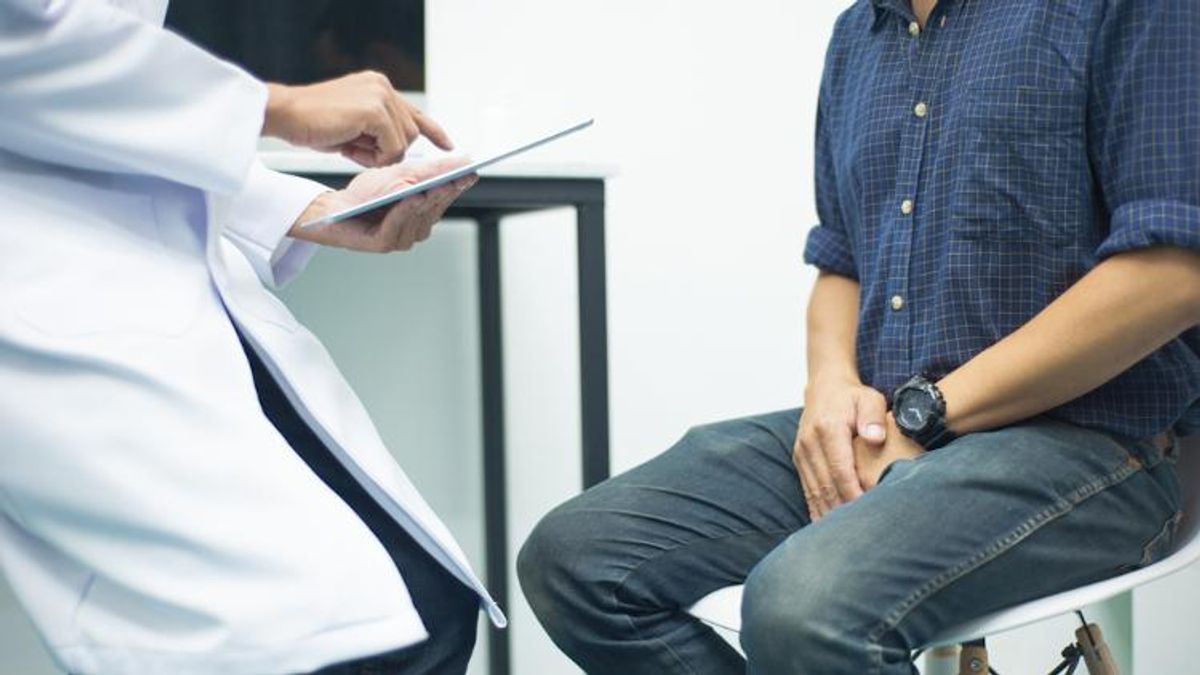The collateral damage from the COVID-19 pandemic includes “a collapse in screening for sexually transmitted diseases that have been on the rise for years,” according to a new Associated Press report.
The need to devote personnel and other resources to COVID testing led to a sharp decrease in STD testing in many parts of the U.S., the AP notes. “It’s clear there have been mass disruptions to testing, surveillance, and clinical care, and that’s likely making sexually transmitted infections worse than ever,” David Harvey, executive director of the National Coalition of STD Directors, told the news service.
In the spring of 2020, tests for chlamydia, gonorrhea, and syphilis were down by one-third to one-half compared to the previous year, although the numbers went up a bit last summer, according to the Centers for Disease Control and Prevention. But many state and local STD programs had to cut their work forces due to the pandemic, and by January of this year, 40 percent of them hadn’t returned to full staff, Harvey said.
The state of Vermont trained 160 people to do contact tracing for COVID, leaving little time for two full-time employees responsible for STD tracing to do that, Daniel Daltry, one of the two, told the AP. Daltry and his coworker continued tracing for HIV and syphilis, “but anything else, we just couldn’t do it,” he said.
Testing declined in Vermont as well. Reported cases of chlamydia dropped 50 percent in 2020 from the previous year, and HIV cases dropped 90 percent — but that likely reflects less testing, not fewer infections, according to health experts. Nationwide, cases of syphilis, chlamydia, and gonorrhea have been rising for the past five years. And while some people may have avoided sexual activity early in the pandemic, hookups apparently rebounded quickly, given the record use of some dating websites and apps in 2020.
Doctors suggest regular testing for sexually transmitted infections for all people who are sexually active, especially for high-risk groups such as young women and gay and bisexual men, and untreated STDs can have grave health consequences. For people with HIV, getting on treatment immediately upon diagnosis is crucial to avoiding complications and reaching an undetectable level of the virus; the latter makes it virtually impossible to transmit HIV during sex.
As progress is made on the COVID pandemic, health experts are stressing the need for renewed STD testing. “To have our resources taken and diverted to COVID makes it especially important that we come back now and say, ‘If you’re sexually active, you should be tested,’” Dr. Hilary Reno, a CDC consultant and professor at Washington University School of Medicine in St. Louis, told the AP.












































































